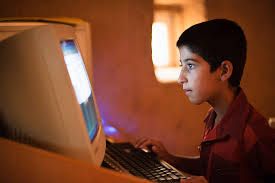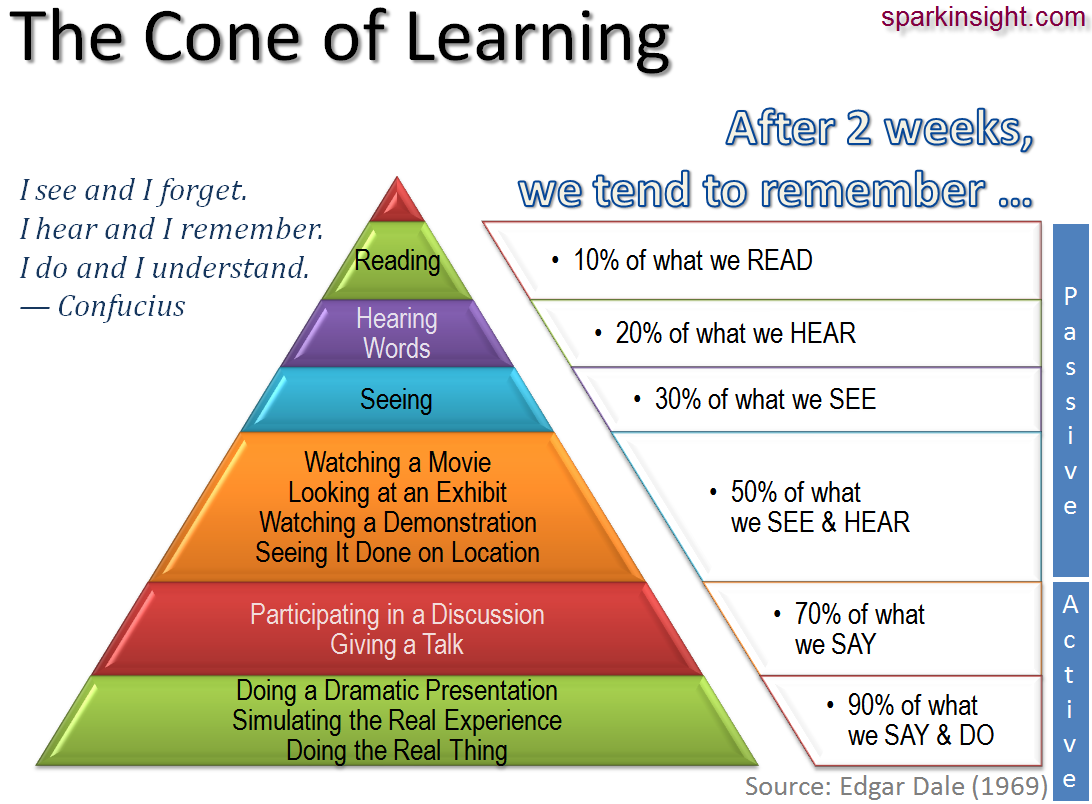It’s time for a very short quiz. Do you learn more –
1. Taking a walk across an abandoned car park
Or
2. Studying for a required calculus test?
Teachers, academics and most folks will probably choose #2. Even if we don’t like calculus, we are taking a required test. That’s gotta be important.
Yet most human learning does not involve numbers, or words, or mathematical symbols. Most learning does not engage language at all.
But in strolling through that carpark you will help learn:
1. How to move, think and act in three dimensional space.
2. How to fight off viruses like Ebola and AIDS.
3. What ligaments and muscles, tendons and joints need to be remade differently. You will also that night grow new brain cells – during sleep. And these new brain cells will be used to grow your memory capacity – – and help you learn the next day and the next.
Calculus is great. Survival may perhaps prove more important. Biology is a regenerating information system powered by learning – chance learning.
But we don’t hear our immune system talking to us, whispering to us in our sleep. We don’t hear the language of immunity or our joints, our muscles, our spleen and lungs, unless we feel out of sorts.
Most of our learning accomplishments do not readily form into words. Think of riding a bicycle. Or killing off an invading cold virus. Since we don’t think much about how those processes work, we discount them. And that makes us disregard the real ways in which our bodies live, work and learn:
On the fly. Through memories within memories. Always replacing the old with the new.
Because the universe we live in always changes. And if we don’t change with it, we die.
Some New Ways to Learn
Seeing brain and body operate as layers upon layers of information systems is a novel concept to many. But it is eminently practical. It can help us learn the “hard stuff” – what we need to succeed in education and on the job. Recent books like Benedict Carey’s useful “How We Learn” get at some of these fruitful methods, but not all. When you recognize the body is a giant system of regenerating information you think differently. You can learn more effectively. Here are few things you might want to know about:
1. Making and Breaking. In the last presidential campaign, Mitt Romney spoke passionately about our economy’s “makers and takers.” In brain economic terms, the issue is “makers and breakers.”
